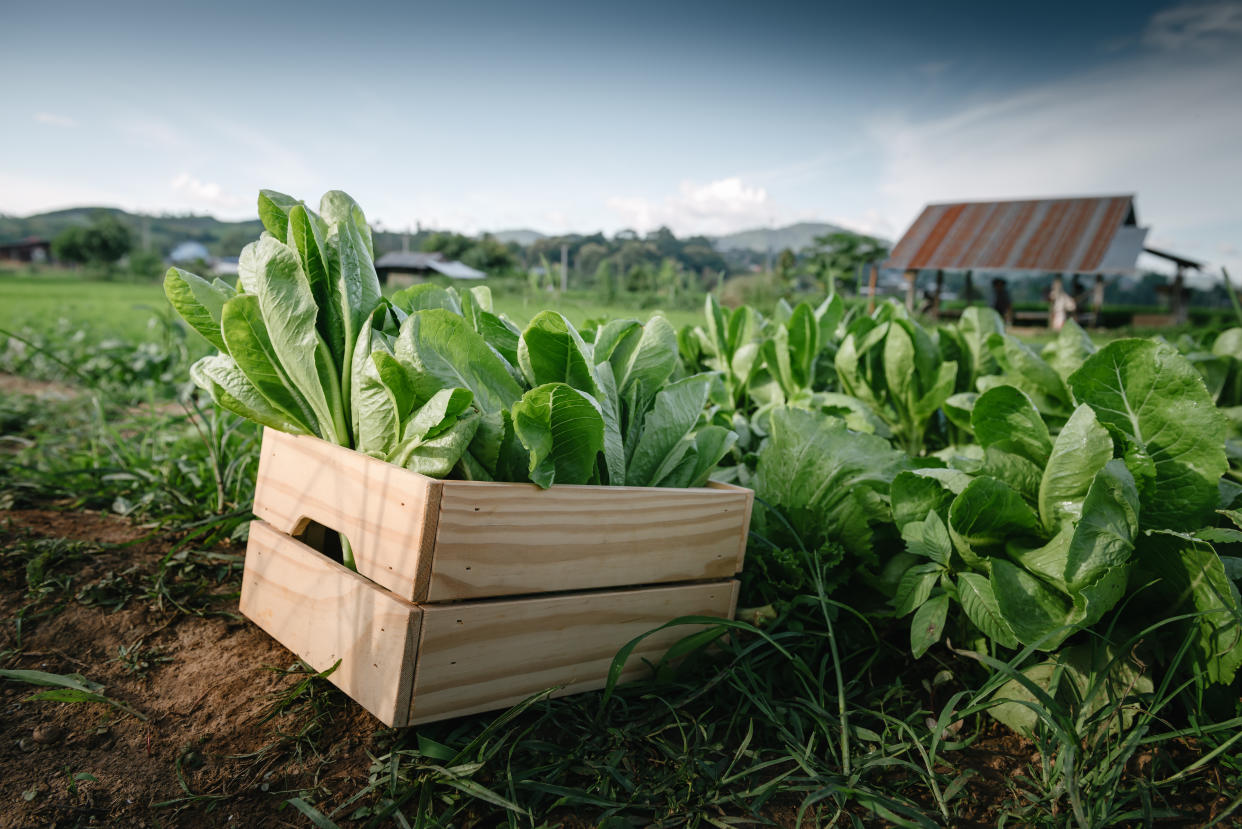Organic vegetables ‘could give you food poisoning’, experts warn

Organic food carries an aura of healthy living – but could organic vegetables give you a bad case of food poisoning... or worse?
Spanish scientists have found that tiny amoebas that live on the vegetables can 'shelter' harmful bacteria such as salmonella, in a manner which the researchers describe as a 'Trojan horse'.
They found contamination include bacteria that can cause severe digestive illness, as well as amoebas that can even causing blindness.
The finding means that people who eat organic leafy vegetables could be at risk of illness, said the researchers from the Universitat Politecnica de Valencia.
The risk is particularly high with leafy greens as these are often consumed without being washed, they said.
Read more: Melting snow in Himalayas drives growth of green sea slime visible from space
The danger comes when leafy organic vegetables come in contact with manure or sewage and become contaminated.
Vegetables can become contaminated with single-celled organisms such as free-living amoebae (FLA), that feed on bacteria – but some bacteria resist FLA digestion and pose a threat to human health.
Lead author Dr Yolanda Moreno, of the Universitat Politecnica de Valencia, said: "The presence of bacteria of public health concern contained inside the free-living amoebae suggests that they are vehicles that can easily transmit pathogens capable of reaching humans and causing health problems through contaminated organic vegetables.
"Contamination can arise as a consequence of treating soil with organic fertilisers such as manure and sewage sludge and from irrigation water.
"Leafy greens are particularly susceptible to faecal contamination due to their proximity to the ground and the likelihood of humans consuming them without cooking.
Read more: A 1988 warning about climate change was mostly right
Watch: What does organic really mean?
"Our results also stress the need to educate the public on safe and proper handling of fresh organic vegetables before eating them fresh or slightly cooked."
Researchers used a metagenomic technique that identifies DNA in all bacteria present inside FLA.
A third of samples (34%) contained 52 potentially disease-causing types of bacteria including Legionella, Salmonella, and Arcobacter.
The resulting infections can cause conditions including pneumonia and gastrointestinal illness.
The FLA species Vermamoeba vermiformis that commonly causes severe infections in humans was found in a fifth (19%) of vegetable samples; and Acanthamoeba castellanii, which can cause blindness and encephalitis, were identified in almost two thirds (63%) of samples.
Despite the findings, the authors noted that the study only included a small sample of leafy organic vegetables from one city in Spain, and larger studies are needed from different countries to understand more about the microbiological quality and safety of organic vegetables.
Read more: Why economists worry that reversing climate change is hopeless
It follows research in 2018 that warned organic vegetables are damaging our climate.
Scientists at Chalmers University of Technology in Sweden calculated the impact of the amount of land used for organic farming, which can lead to deforestation elsewhere in the world.
They found that products such as organically-farmed peas in Sweden have a 50% bigger impact on the environment than food farmed non-organically.
The reason why organic food is so much worse for the climate is that the yields per hectare are much lower, primarily because fertilisers are not used.
To produce the same amount of organic food, you therefore need a much bigger area of land – and this has knock-on effects around the world.


